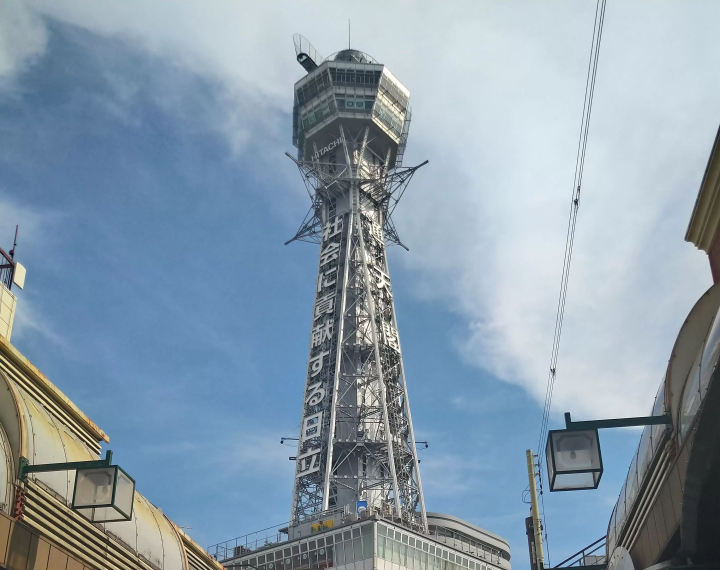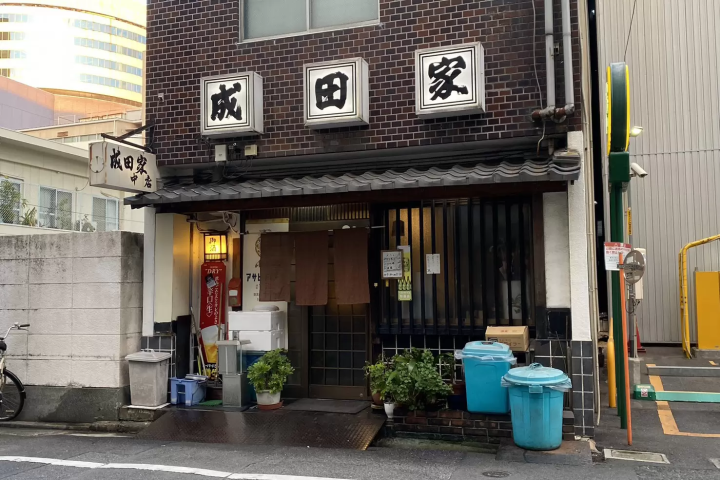"CRAFT TOURISM ECHIZEN" Preserved and Inherited Towns of Fuchu and Goka Districts

Fuchu and the Goka district, protected and inherited towns
signature stamp
Overcome the era of fierce war
Here are three stamps.
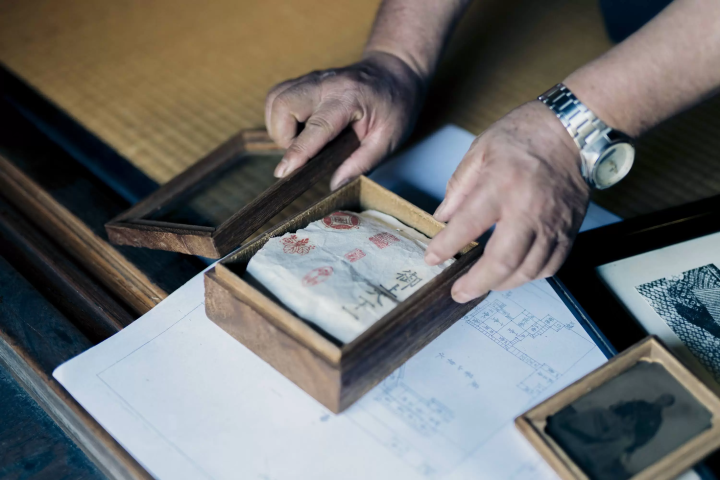
These seals represent the ownership of the Oda family, Toyotomi family, and Tokugawa family. This is a valuable item that still remains in the Mitamura family, who played the role of the head of papermaking in the Goka district. Why on earth are there all the stamps of famous warlords who ran through the Warring States period in this place? This is proof that Echizen has been recognized as an important area even in a world of turmoil and has always been protected by successive generations of powers. For those who moved the country, the land that produced "paper" was a place that could never be neglected.
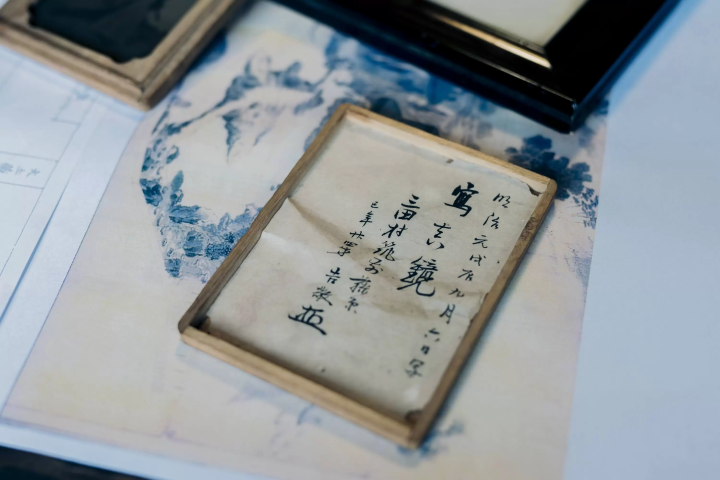
Otaki Shrine (Otaki-dera) in Imadate, Echizen City, was established in the Kamakura period by the five districts (Furo, Otaki, Iwamoto, Shinzaike, Sadatomo). ), and is said to have produced a large amount of Japanese paper. "Paper" at that time was the latest "device" in modern times. Many functions and important information were written on paper, and politics could not be moved without paper. Therefore, in the production of paper, not only quantity but also quality was emphasized, and it was necessary for the production area to have the technology to respond to requests from the central government. In particular, Echizen washi was at a high level and excelled nationwide, such as the precise composition of raw materials and watermarking techniques.
The production of Echizen washi was encouraged and commanded by the monarch. There is a record that during the period of the Northern and Southern Courts, Takatsune SHIBA, the governor of Echizen who led the Ashikaga clan, ordered Kamon Mitamura, who was the revitalist of the current Mitamura family, to make 'Migyoshoshi' and present it to him. This paper was called ``hosho'' and was used as a special piece of paper to write down orders given by the shogun. The composition of raw materials for hosho was strictly controlled, and it was produced only in selected workshops. In addition, since it is an important document related to politics, it is said that confidentiality was thoroughly managed. The Asakura clan, who followed the Shiba clan, also set up a castle in Ichijodani, but took special measures such as ordering the Mitamura family to be the 'Goshishiki' (a government official), and Takakage Asakura granted Otaki-ji temple territory.
Three people of Fuchu
Fuchu Castle and the town watched over by a virtuous ruler
When the Muromachi shogunate fell and the Asakura clan fell, the war for the unification of the whole country mercilessly spread to the village of Echizen. In 1575 (Tensho 3), Nobunaga Oda cut Echizen in order to suppress the Ikko Ikki, and the fire burned down all the towns. At this time, Otaki-ji Temple, which was enshrined as the 'God's home' of Echizen washi paper, also lost its shrine due to Kazumasu Takigawa, a military commander who was a vassal of Nobunaga.
However, this town never disappeared.
After Nobunaga ODA's invasion, Narimasa Sasa, Toshiie MAEDA, and Mitsuharu FUWA, who were vassals of the Oda clan who entered Fuchu as new lords, later became famous as 'Fuchu Sanninshu.'
In particular, Toshiie Maeda built Fuchu-jo Castle when he took up his post in Fuchu and served as the lord of the castle. After that, he came to be known to the world as the ``founder'' of the Kaga clan of Kaga Hyakumangoku. Fuchu Castle was designated as the site of the current Echizen City Hall, and the stone walls from that time have also been excavated. Also, Hoenji Temple in Takase, southwest of Fuchu Castle, is known as a temple related to Toshiie, and there is a memorial tower for Toshiie Maeda's parents in the cemetery.
Even though Nobunaga was killed in the Honnoji Incident and the ruler was replaced by Hideyoshi TOYOTOMI, Nagahide NIWA, a vassal, continued to give the Mitamura family the privilege of the Goshishiki.
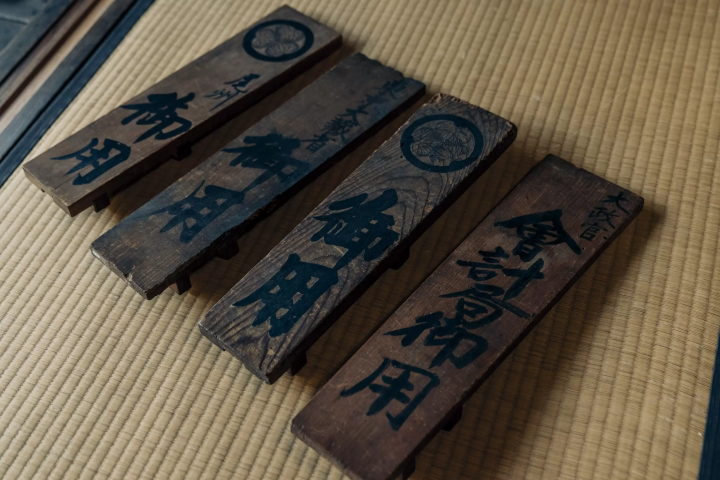
Furthermore, even when the Tokugawa shogunate replaced Hideyoshi, Hideyasu Yuki, who became the lord of the Fukui Domain, quickly stopped in Fuchu and ordered Tomimasa Honda, who was an important vassal, to be the lord of Fuchu castle. The Honda family seems to have been the lord of the castle who was very trusted by the townspeople of Fuchu, and at the end of the Edo shogunate, the townspeople dissatisfied with the fact that the Honda family were not welcomed as nobles broke out in an uproar. is.
Even during the time when the Honda family served as the lord of the castle, they were still privileged to produce washi, and they supplied Echizen washi not only to the Fukui clan, but also to the Edo shogunate, as well as to the Owari clan and Taishaji.
Descendant of the Mitamura family
Reliable technology, flexibility, and responsiveness connect the future
Echizen Fuchu has been protected by those in power who have been violently replaced even when the fire of war reaches close. Mr. Mitamura of Echizen Paper Mill Co., Ltd., a descendant of the Mitamura family that has served as the head of the Goka district for generations, looks back as follows.
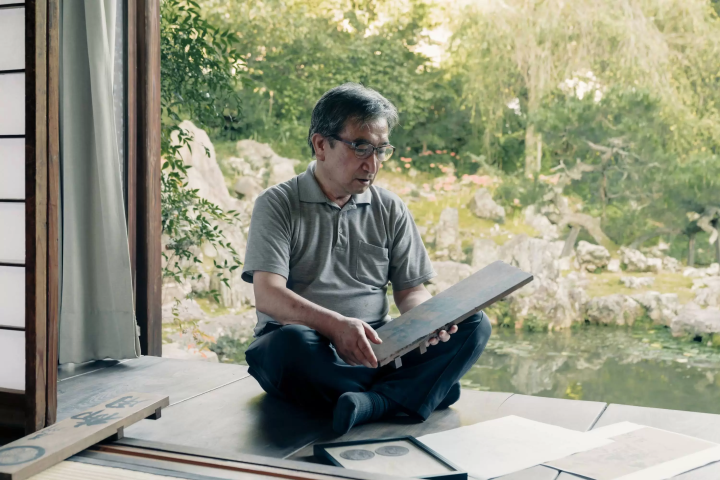
“I believe that Echizen City has survived without being burned down by various forces because of the accumulation of important production areas such as Echizen washi. I've heard that it was chosen because it had a technology that could protect the composition of the paper used by the upper management and a solid confidentiality management system. It is said that when he committed this crime, he was far from being ostracized.I guess that's why the whole town came together to respond to requests from outside."
In addition, the many historical relics that still remain in the Mitamura family are of extremely high value.
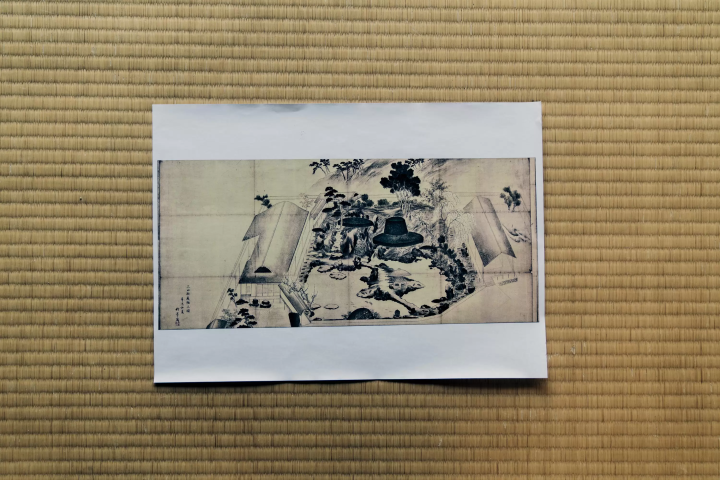
“Looking at the blueprints of the mansion at the time, it seems that a room, riding ground, and even a bathroom were built to welcome the lord. I think that there were parts that were protected and parts that were swayed by the protection of those in power.However, the reason why the craftsmen in this production area have overcome such various situations is that they all work hard. This is because we have survived by continuing to make paper that meets the needs of the times.In this long tradition, we can feel the flexibility and responsiveness of our ancestors.”
The reason why the town was not destroyed even though many rulers entered Fuchu Castle was because Echizen, which required reliable techniques handed down steadily, was highly valued. Even now, the citizens of the town who inherited that gene protect Echizen City, and craftsmen continue to make Echizen washi at the Echizen washi workshop, where traditions are inherited and new experiments are repeated every day.
▼Echizen Paper Mill Co., Ltd. (Mitamura Garden)
Echizen wisdom ~Proposing a new tourism, a journey of wisdom.~ A town that has inherited the skills and spirit of its predecessors for 1,500 years. Echizen, the entrance to the "Koshi no Kuni" ruled by an ancient king. A place of wisdom where cutting-edge technology and culture first flowed in from across the Sea of Japan and became the origin of Japan's profound manufacturing. In the traditional industries that coexist with the nature of the land and in the people who live here, the universal wisdom that human beings want to bring to the next 1000 years is alive. Here and now, there is a future born from exchanges that transcend national borders and time and space. A new quest to find light. Welcome to Echizen.
The contents on this page may partially contain automatic translation.




![[2025 Edition] Best Places to See Cherry Blossoms in Fukui, Japan – Top 10 Spots for Hanami & Stunning Views](https://resources.matcha-jp.com/resize/720x2000/2023/03/09-135755.webp)




























